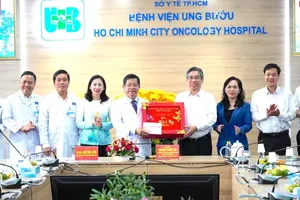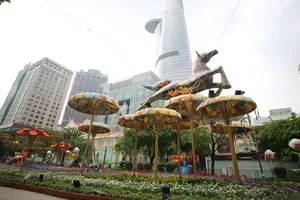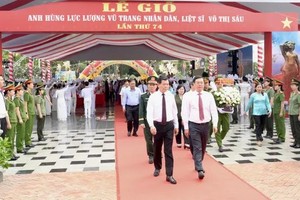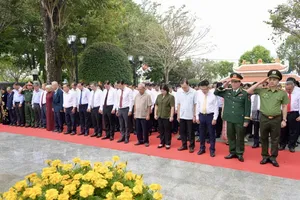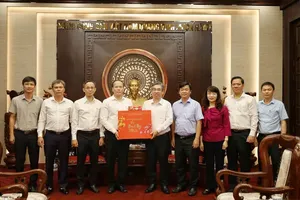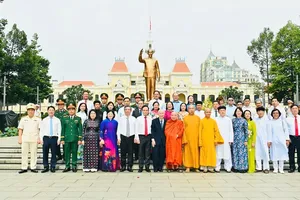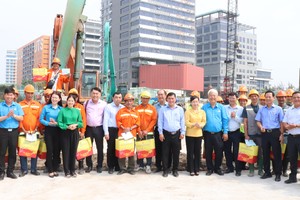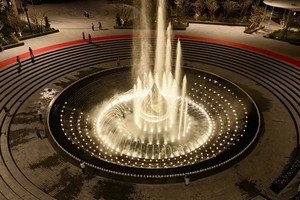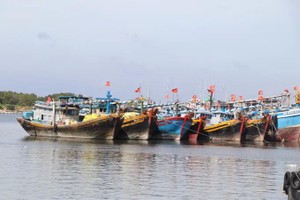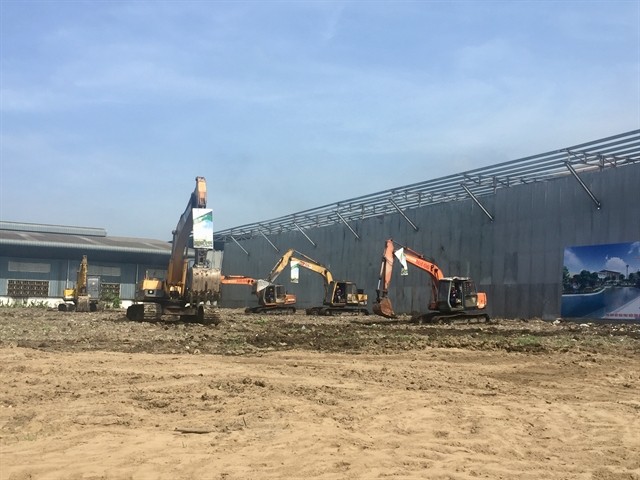
To cost around US$200 million, the plant has a designed daily waste processing capacity of 2,000 tonnes and will generate 40MW of power annually.
The first phase is being built on an 8ha area in the 20ha facility run by the Tam Sinh Nghia Investment Development JSC.
Construction will take 18 months, and the plant will begin operation after a four-month trial period.
The company’s general director, Ngo Xuan Tiec , said the plant would use German Martin Grade technology to generate electricity and produce recyclable by-products.
“This advanced technology helps reduce the volume of buried waste, reuse treated wastewater and effectively control odours.”
The company opted for the technology despite its high cost since “sustainable economic development goes together with environmental protection,” Tiec said.
The plant’s second phase would be built on the remaining 12ha and it would increase the processing capacity to 3,000 tonnes of waste per day, he said.
Speaking at the groundbreaking ceremony, Secretary of the city Party Committee, Nguyen Thien Nhan, praised the company for acquiring the technology.
The city generates around 9,000 tonnes of solid waste daily, of which more than 72 per cent is buried and the rest is burnt, recycled or used to produce fertilisers.
It aims to process 50 per cent of the waste to produce electricity by next year.
“I hope waste treatment companies join hands with the city to achieve the target.”
The People’s Committee approved the construction of three plants to generate electricity from waste using advanced technologies in August.
On August 28 construction on the first plant began at the Tay Bac Solid Waste Treatment Complex in Củ Chi.
The $400 million plant is bring built by Vietstar JSC, and in the first phase can process 2,000 tonnes per day.
Tasco Joint Stock Company is expected to begin construction of the third plant by the end of this year.


